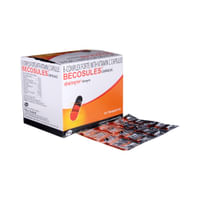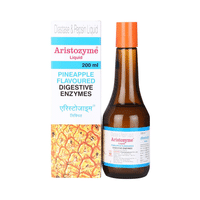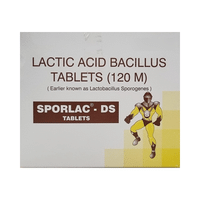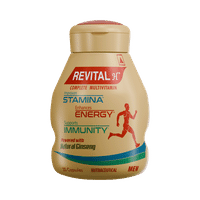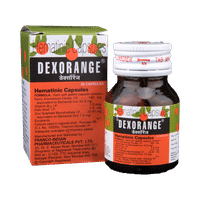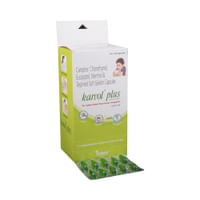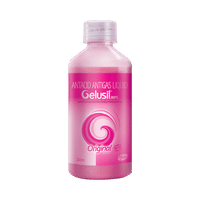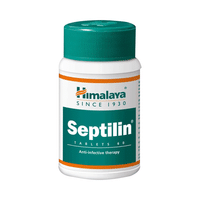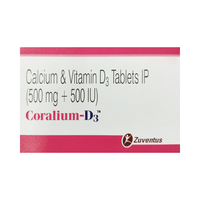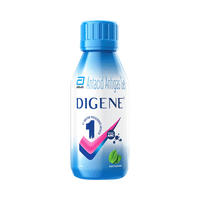food interaction for Altuss
alcohol interaction for Altuss
pregnancy interaction for Altuss
lactation interaction for Altuss
food
alcohol
pregnancy
lactation
Altuss 10 mg/2 mg/10 mg Syrup may be taken with or without food, but it is better to take it at a fixed time.
Take it with food if stomach upset occurs.
None
Take it with food if stomach upset occurs.
None
CAUTION
Caution is advised when consuming alcohol with Altuss 10 mg/2 mg/10 mg Syrup. Please consult your doctor.
CAUTION
Altuss 10 mg/2 mg/10 mg Syrup may be unsafe to use during pregnancy. Although there are limited studies in humans, animal studies have shown harmful effects on the developing baby. Your doctor will weigh the benefits and any potential risks before prescribing it to you. Please consult your doctor.
CONSULT YOUR DOCTOR
Information regarding the use of Altuss 10 mg/2 mg/10 mg Syrup during breastfeeding is not available. Please consult your doctor.
CONSULT YOUR DOCTOR
SALT INFORMATION FOR Altuss
Phenylpropanolamine(10mg)
Uses
Phenylpropanolamine is used in the treatment of allergic conditions.
How it works
Phenylpropanolamine belongs to a class of medications called nasal decongestants. It stimulates receptors on blood vessels in the nose and sinuses leading to its constriction and reduction in blood flow thereby relieving congestion.
.Common side effects
Systemic hypertension (high blood pressure), Nausea, Insomnia (difficulty in sleeping), Palpitations
Chlorpheniramine Maleate(2mg)
Uses
Chlorpheniramine Maleate is used in the treatment of allergic conditions.
How it works
Chlorpheniramine Maleate is an antiallergic medication. When your body is exposed to an allergen (pollen, animal dander, house dust etc.), it produces a chemical called histamine. This causes watery eyes, runny or blocked nose, sneezing, skin rashes, itching etc. Chlorpheniramine Maleate works by blocking the action of histamine, thereby relieving these symptoms.
Common side effects
Dryness in mouth, Sleepiness, Nausea, Headache, Sedation, Difficulty in paying attention, Impaired coordination, Dizziness, Blurred vision, Fatigue
Dextromethorphan Hydrobromide(10mg)
Uses
Dextromethorphan Hydrobromide is used in the treatment of dry cough.
How it works
Dextromethorphan Hydrobromide is an antitussive (cough suppressants). It suppresses cough by reducing the activity of cough centre in the brain.
Common side effects
Dizziness, Nausea, Vomiting, Diarrhea, Nervousness, Headache, Sedation, Double vision, Dryness in mouth, Decreased appetite, Heartburn, Weakness, Discomfort when urinating, Polyuria, Excitability in children
SUBSTITUTES FOR Altuss
2 Substitutes
2 Substitutes
Sorted By
 Rs. 39.90pay 136% more per ml of Syrup
Rs. 39.90pay 136% more per ml of Syrup Rs. 48pay 185% more per ml of Syrup
Rs. 48pay 185% more per ml of Syrup
Expert advice FOR Altuss
- Do not continue phenylpropanolamine for more than 7 days if your condition does not improve or if you have high fever.
- Tell your doctor if you have high blood pressure, heart problems, liver or kidney disease, diabetes, prostate enlargement or visual problems due to increased pressure in the eyes (glaucoma).
- Seek immediate medical attention and discontinue medication if you experience difficulty in breathing, sudden swelling or skin reactions, fits, rapid heartbeat or hallucinations.
- Use with caution if you are a woman or an elderly patient. Woman may be at a higher risk of haemorrhagic stroke (bleeding in the brain).
- Avoid driving or operating machinery if you feel dizzy or drowsy after taking phenylpropanolamine.
- Tell your doctor if you are or planning to become pregnant or are breastfeeding.
- Do not take if allergic to phenylpropanolamine or any of its ingredients.
Frequently asked questions FOR Altuss
Phenylpropanolamine
Q. Is phenylpropanolamine the same as phenylephrine?
Phenylpropanolamine and phenylephrine are different drugs belonging to the same class of medications (nasal decongestants). Both are used to relieve blocked nose or sinuses caused by common cold and seasonal nasal allergies (hay fever)
Q. Does Phenylpropanolamine cause stroke?
Phenylpropanolamine has shown to increase the risk of hemorrhagic stroke (bleeding in the brain). Women are at a higher risk.
Q. Is Phenylpropanolamine a controlled substance?
Phenylpropanolamine is a controlled substance since it can be used for manufacturing of illegal drugs
Chlorpheniramine Maleate
Q. Does chlorpheniramine or chlorpheniramine maleate cause increase in blood pressure/ drowsy/non drowsy/sedating/get you high/keep you awake/sleepiness/make you tired/weight gain?
Chlorpheniramine causing these side effects is common or rare. Always consult your doctor, if you experience any of these side effects
Q. Is chlorpheniramine like Benadryl?
No, chlorpheniramine is different from Benadryl
Q. Is chlorpheniramine prescription?
Yes, it is available with doctor’s prescription only
Dextromethorphan Hydrobromide
Q. Is dextromethorphan a steroid/an opiate/an antihistamine/ a narcotic/an NSAID/a controlled substance/contain alcohol/have codeine?
Dextromethorphan is a decongestant and not a steroid, antihistamine, opiate, NSAID or narcotic, but can have addictive effects if taken at large doses than recommended. It does not contain codeine or alcohol. It is not a controlled substance
Q. Does dextromethorphan work/ how much dextromethorphan can I take for cough?
Dextromethorphan works for most of the patient. It should be taken in amounts exactly as directed on the label, or as prescribed by your doctor. Cough medicine is usually taken only for a short time until your symptoms clear up. Do not use the medication in larger amounts, or use it for longer than recommended
Q. Is dextromethorphan safe/ does dextromethorphan makes you sleepy/make you tired/ raise blood sugar?
Dextromethorphan causes mild sedation effect thus can make you feel sleepy. It does not raise blood sugar or make you tired. Dextromethorphan is generally safe if taken at recommended doses and duration













